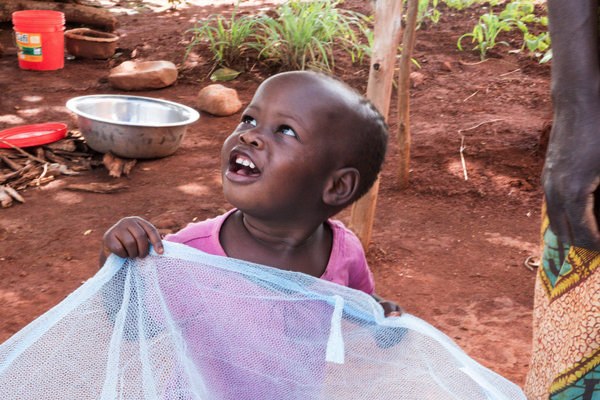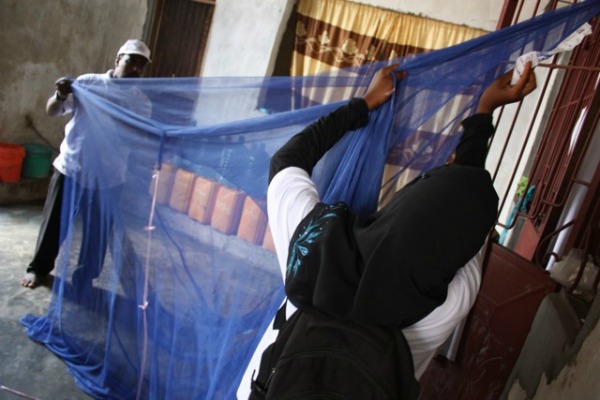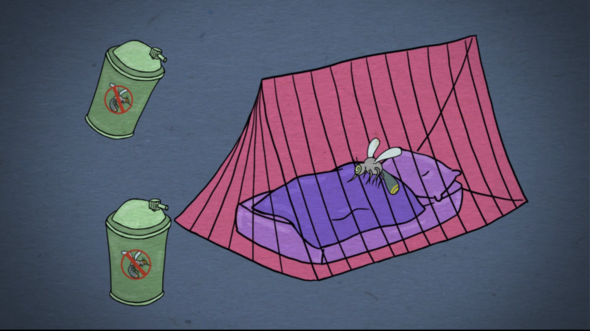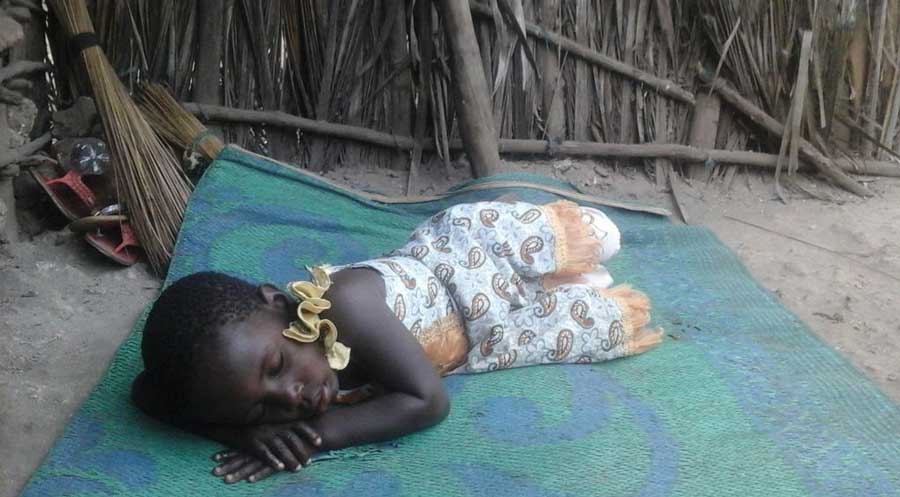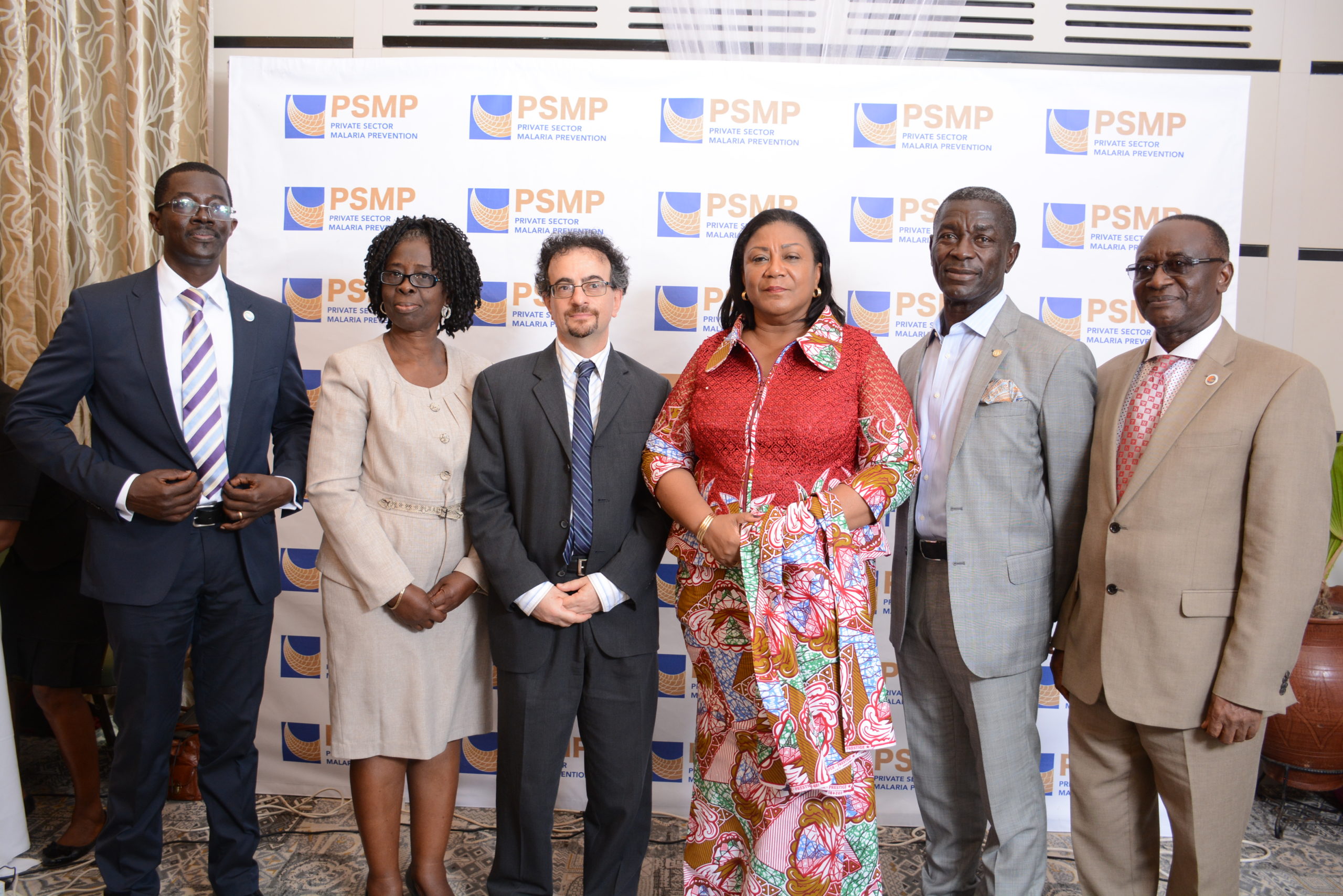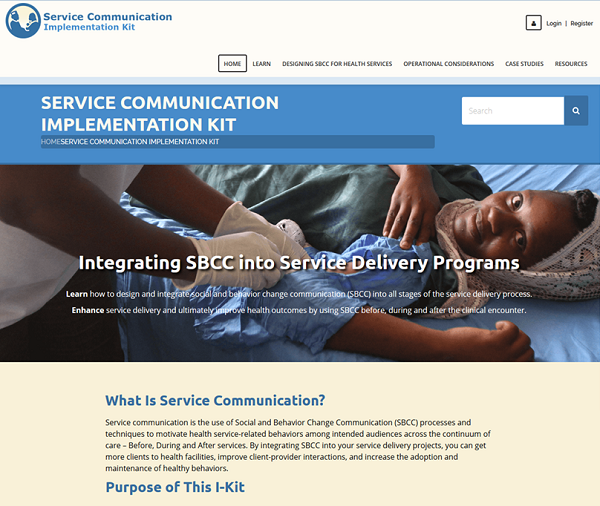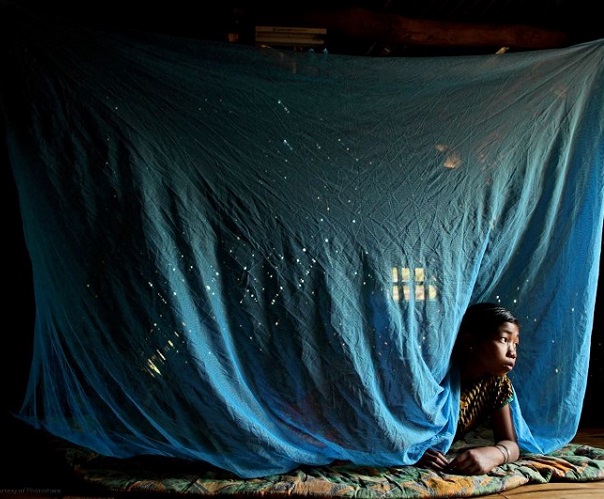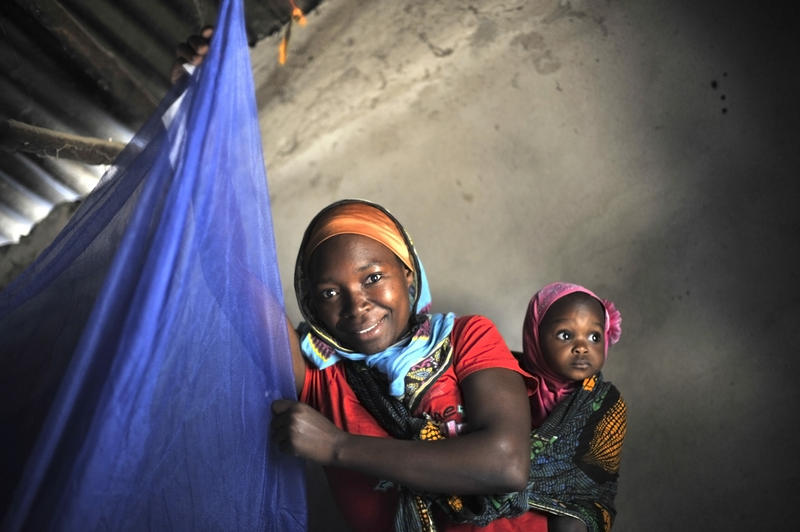
Finding the Gaps in Bed Net Use for Malaria Prevention
A large majority of people living in sub-Saharan Africa who have insecticide-treated bed nets to prevent malaria transmission sleep under them regularly. But new research from the Johns Hopkins Center for Communication Programs highlights gaps in use that could provide policymakers opportunities to expand


